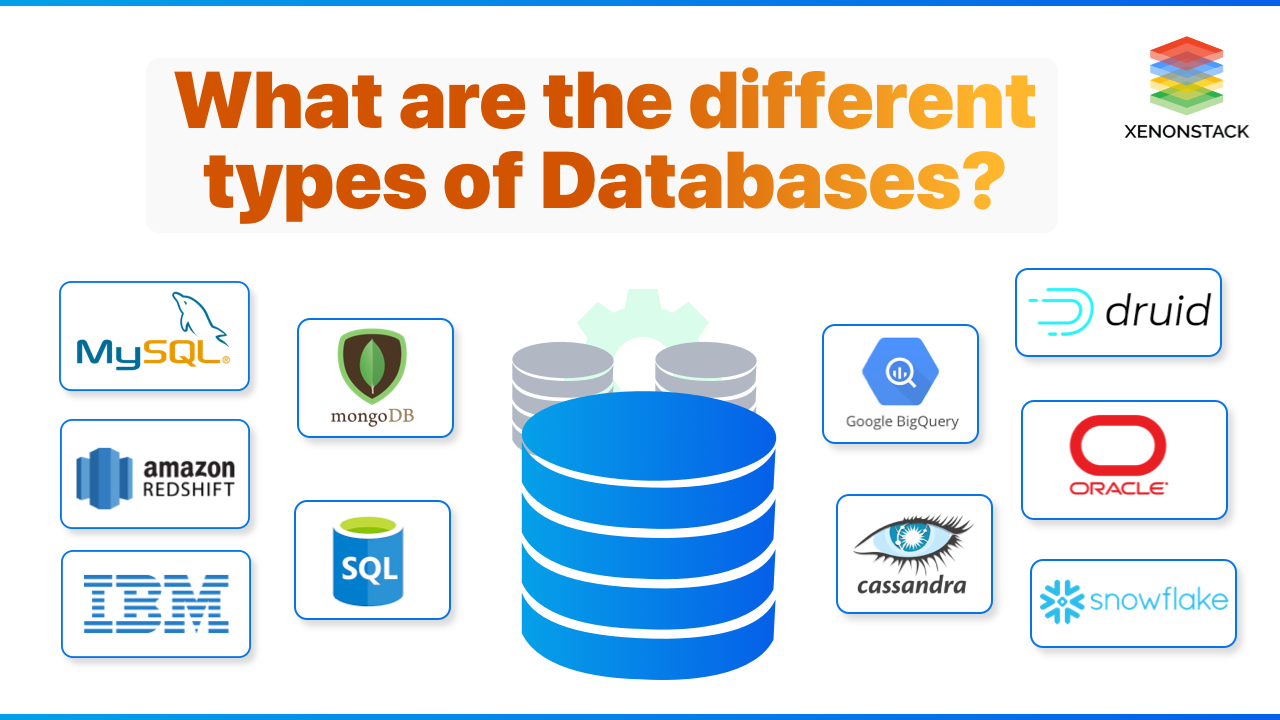Quality of Service (QoS) refers to traffic control mechanisms in networks that aim to provide differentiated performance based on application or network operator requirements. QoS can be used to ensure predictable or guaranteed performance for specific applications, sessions, or traffic aggregates.
The need for QoS arises due to the varying performance requirements of different types of network traffic. Some applications, such as voice over IP (VoIP), video conferencing, and video-on-demand, have high sensitivity to latency and jitter and require minimum bandwidth and maximum latency limits. These applications are called “inelastic.”
QoS requirements can be specified in terms of packet delay and losses. There are two types of QoS solutions: Integrated Services (IntServ) and Differentiated Services (DiffServ).
IntServ is a stateful solution that maintains distributed reservation state for each flow and uses the Resource Reservation Protocol (RSVP) for signaling. IntServ can be used for streaming live multimedia traffic.
DiffServ, on the other hand, is a stateless solution that provides reduced state services and maintains state only for larger granular flows rather than end-to-end flows. DiffServ tries to achieve the best of both worlds by providing differentiated handling and capacity allocation to specific flows in network traffic.
QoS mechanisms are necessary for businesses to provide reliable and consistent services for staff and customers. They ensure that critical applications requiring high bandwidth for real-time traffic can perform at high levels. QoS can be used to achieve outcomes such as preventing compromised data delivery due to high network traffic levels, prioritizing applications, and ensuring high levels of performance for real-time streaming multimedia applications.
A successful QoS implementation includes three main stages: planning, implementation, and ongoing monitoring and adjustment. QoS policies should be adapted to changing business conditions to ensure optimal performance.
About Author
Discover more from SURFCLOUD TECHNOLOGY
Subscribe to get the latest posts sent to your email.




